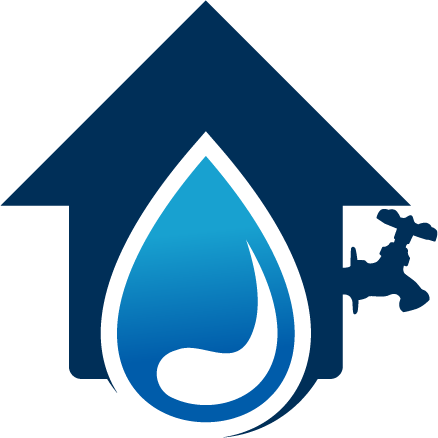Understanding Blocked Drains
Blocked drains are not a good experience, especially if the blockage has been sitting for long and accumulating debris. Eventually, wastewater may not be able to seep through the blockage and you might notice a strong foul smell in your kitchen or bathroom. Worst case scenario, a backflow can occur (when the contents of your drain pipes flow back into your sink or toilet). Here's what you need to know about blocked drains.
How Can You Prevent Blockages?
There are certain things that you shouldn't pour down your drain or flush down your toilet. They include oils, grease, fats, butter, sanitary towels, clothes, condoms, nylon bags, and hair. They increase the chances of a clog or hasten the formation of blockages in drains.
How Can You Tell That a Blockage Is Forming?
The most common sign is slow draining sinks or baths; this indicates that a blockage is in its early stages. It may eventually clear itself or it might accumulate more debris and form a major blockage. When you notice this, try some home remedies to see if they can clear the minor blockage. Such remedies include pouring hot or warm water in your drain; pouring some baking soda, salt and white vinegar or using a plunger designed for the area you want to use it (toilet or sink). If this does not work, it might be time to call a plumber.
What Does the Plumber Do to Remove Blockages?
With his or her experience, the plumber can inspect your plumbing, identify what kind of blockage you have, where it is and what tools he or she requires to clear the blockage.
Depending on the material composition of the drainpipe, the plumber can use a motorised snake coil/auger or water jetter. A snake coil is used if the material composition of your plumbing is fragile. Your plumber carefully inserts a snake coil that can fit in your drainpipe and turns it on so that the coil can rotate and break up the blockage.
For stronger drain pipe materials, a water jetter can be used; it utilises pressurised water to dislodge clogs. You can already tell that if pressure is being used, fragile drainpipe material can get damaged, meaning you might need to replace the drain pipe.
Sometimes, a clog or blockage can result because of a damaged drainpipe. If this is the case, a plumber may need to replace the drainpipe. Additionally, if the pipe is located underground, the plumber might need to dig to access it.
For more information on blocked drains, contact a local plumber.

